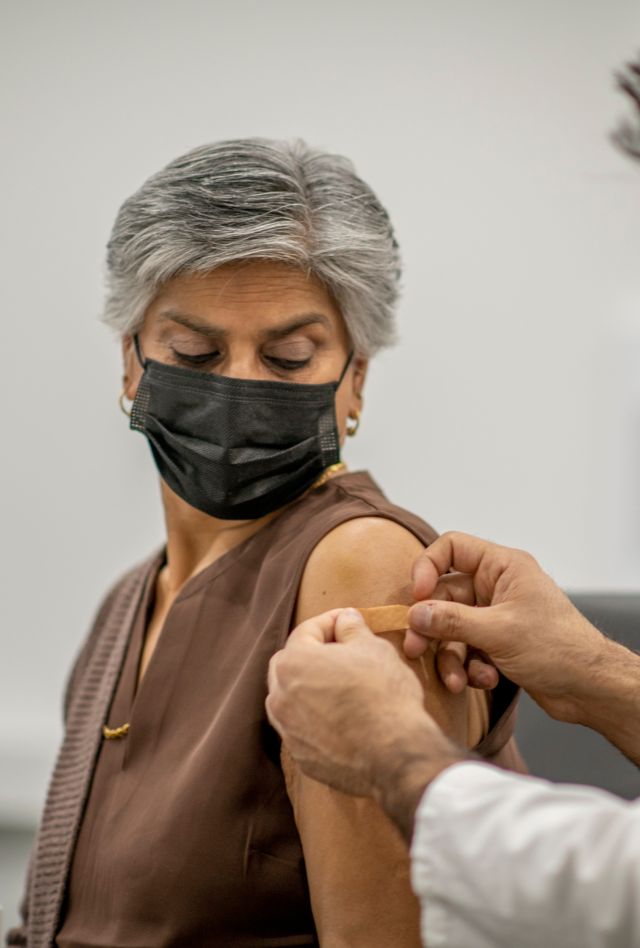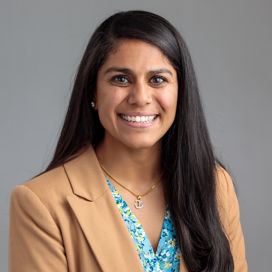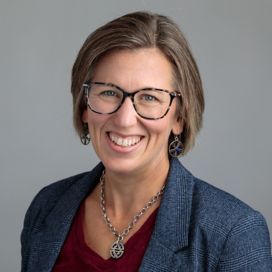Older Adults’ Perception of the RSV Vaccine

Problem
Americans 50 years and older are increasingly more aware of the new RSV vaccine – but work is still needed to address persistent knowledge gaps and increasing hesitancy.
Respiratory syncytial virus (RSV) is a serious respiratory illness. In 2023, a new vaccine to protect older adults was released. When the RSV vaccine was first approved, NORC conducted its first survey about the virus and this new vaccine using NORC’s Foresight 50+ monthly omnibus survey. This wave took place July 20-24, 2023 and included 1,012 interviews with a nationally representative sample (margin of error +/- 4.3 percentage points) of adults aged 50 and older.
Initial findings revealed low awareness of this new vaccine and uncertainty amongst older adults about whether to receive it.
Solution
NORC is creating a longitudinal assessment of how older adults perceive the vaccine.
Over an 18-month time frame, NORC conducted two subsequent waves of data collection to assess changes in older adult’s perceptions of RSV and this new vaccine.
The second wave took place September 15-18, 2023, as the vaccine came to market and included 1,019 interviews in the nationally representative sample (margin of error +/- 4.2 percentage points). The third wave was a year later, September 19-23, 2024, and included 1,013 interviews in the sample (margin of error +/- 4.1 percentage points).
Result
The data show interesting shifts and a continued need to help older adults understand the benefits of the vaccine.
NORC’s research uncovered two things that happened over the course of this time period:
- Older adult awareness of the vaccine increased substantially (from 30 percent in July 2023 to 70 percent in September 2024).
- While the number of older adults who plan to get the vaccine has grown, so too has the number of older adults who do not plan to get the vaccine. As of September 2024, 33 percent of older adults said that they definitely would get the vaccine while 27 percent responded that they definitely would not get the vaccine.
These results suggest that:
- Awareness of the vaccine is up.
- Uncertainty about receiving the vaccine was similar in July 2023 (53 percent) and September 2024 (48 percent).
- The number of older adults who say they will get the vaccine has increased (27 percent in July 2023 compared to 33 percent in September 2024).
Despite these trends, awareness is still an issue for some audience groups and hesitancy remains. For example, Hispanic older adults continue to report low levels of awareness of the vaccine. Moreover, the number of adults who do not wish to receive this vaccine continues to increase. The top reasons for such hesitancy remained consistent across the 18-month time period:
- Concerns about side effects (43 percent, 45 percent, and 49 percent)
- Concerns about vaccine development and approval (38 percent, 38 percent, and 37 percent)
- Lack of concern about getting seriously ill from RSV (30 percent, 29 percent, and 35 percent)
Thus, more work is needed to help older adults understand the benefits of getting vaccinated. NORC’s findings can help inform tailored communication efforts for this audience in order to address such knowledge gaps and ultimately increase vaccine uptake.
Project Leads
-
Amelia Burke-Garcia
DirectorProject Director -
Neha Trivedi
Senior Research ScientistProject Manager -
Jennifer Benz
Senior Vice PresidentSenior Staff












